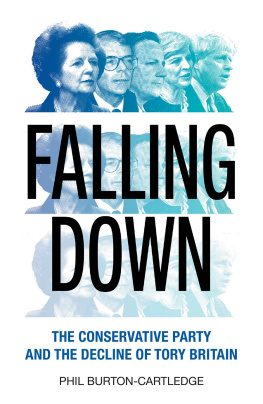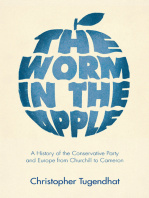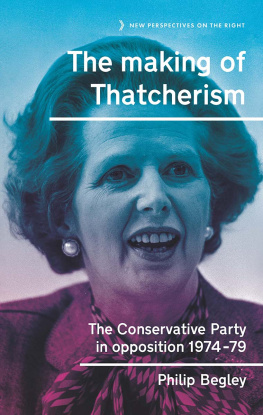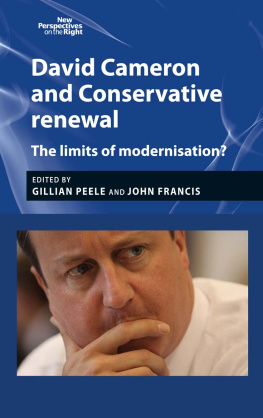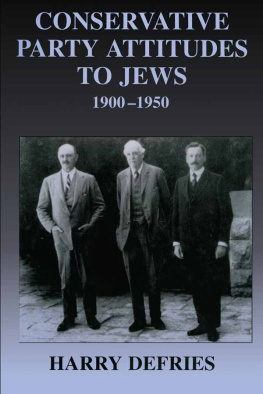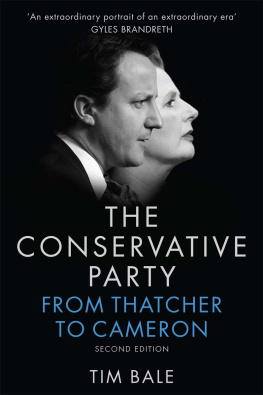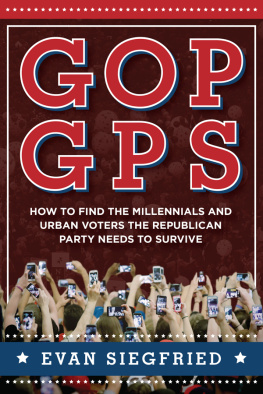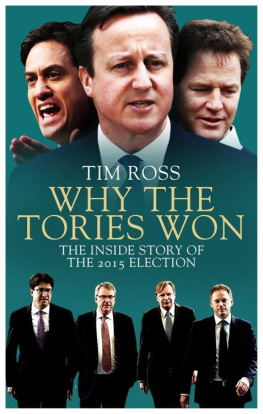Phil Burton-Cartledge - Falling Down: The Conservative Party and the Decline of Tory Britain
Here you can read online Phil Burton-Cartledge - Falling Down: The Conservative Party and the Decline of Tory Britain full text of the book (entire story) in english for free. Download pdf and epub, get meaning, cover and reviews about this ebook. year: 2021, publisher: Verso, genre: Politics. Description of the work, (preface) as well as reviews are available. Best literature library LitArk.com created for fans of good reading and offers a wide selection of genres:
Romance novel
Science fiction
Adventure
Detective
Science
History
Home and family
Prose
Art
Politics
Computer
Non-fiction
Religion
Business
Children
Humor
Choose a favorite category and find really read worthwhile books. Enjoy immersion in the world of imagination, feel the emotions of the characters or learn something new for yourself, make an fascinating discovery.
- Book:Falling Down: The Conservative Party and the Decline of Tory Britain
- Author:
- Publisher:Verso
- Genre:
- Year:2021
- Rating:5 / 5
- Favourites:Add to favourites
- Your mark:
Falling Down: The Conservative Party and the Decline of Tory Britain: summary, description and annotation
We offer to read an annotation, description, summary or preface (depends on what the author of the book "Falling Down: The Conservative Party and the Decline of Tory Britain" wrote himself). If you haven't found the necessary information about the book — write in the comments, we will try to find it.
Despite winning the December 2019 General Election, the Conservative parliamentary party is a moribund organisation. It no longer speaks for, or to, the British people. Its leadership has sacrificed the long-standing commitment to the Union to Get Brexit Done. And beyond this, it is an intellectual vacuum, propped up by half-baked doctrine and magical thinking. Falling Down offers an explanation for how the Tory party came to position itself on the edge of the precipice and offers a series of answers to a question seldom addressed: as the party is poised to press the self-destruct button, what kind of role and future can it have?
This tipping point has been a long time coming and Burton-Cartledge offers critical analysis to this narrative. Since the era of Thatcherism, the Tories have struggled to find a popular vision for the United Kingdom. At the same time, their members have become increasingly old. Their values have not been adopted by the younger voters. The coalition between the countryside and the City interests is under pressure, and the latter is split by Brexit. The Tories are locked into a declinist spiral, and with their voters not replacing themselves the party is more dependent on a split opposition putting into question their continued viability as the favoured vehicle of British capital.
Falling Downs autopsy of the Conservative Party is ... a timely one ... an important contribution to the kind of militant political science the left desperately needs. Alfie Steer, Tribune
A masterful account of the long view. Fewer people are benefitting from Conservative policies each decade. The party then has to rely more and more on the fears of older voters for support. Phil Burton Cartledge persuasively explains how the Tories are running out of rope even while appearing to poll so well. Danny Dorling, author of Inequality and the 1%
A lucid, perceptive and indispensable study of one of the most successful political parties in history, and the one that has utterly dominated British politics since the dawn of mass suffrage: the Conservative Party. Understanding the recent history of the Tories is essential to any attempt to get to grips with the contemporary UK, and this book makes a crucial contribution to that understanding. Jeremy Gilbert, author of Twenty-first Century Socialism
As the UK enters its 11th successive year of Conservative majority rule, Falling Down is an important and timely intervention. Burton-Cartledge breaks through the self-referential debates on the left to provide a rigorous and acute analysis of British Conservatism, filling a significant lacuna in left strategic thought. Falling Down should be considered critical reading socialist academics, activists and politicians alike. --Grace Blakeley, author of The Corona Crash
Phil Burton-Cartledge is a Lecturer in Sociology at the University of Derby. Via his blog, All That Is Solid, he regularly writes about politics and current affairs. He has also written for The Independent, New Statesman, and OpenDemocracy.
Phil Burton-Cartledge: author's other books
Who wrote Falling Down: The Conservative Party and the Decline of Tory Britain? Find out the surname, the name of the author of the book and a list of all author's works by series.

